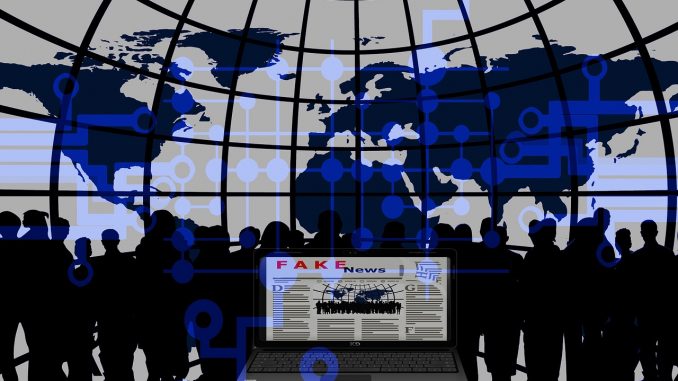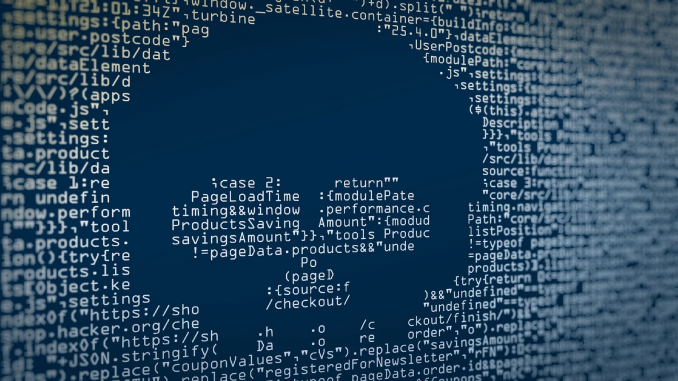Articles about misinformation. Quality and current analysis only for subscribers.

The potential of generative AI as a deception tool
Artificial Intelligence hides enormous potential when it comes to implementing disinformation operations. This is true both for government agencies and, increasingly, for criminal organizations, insurgent groups, and even ordinary citizens. A problem that has multiplied since Generative Artificial Intelligence (Generative AI), capable of creating images and videos from textual content, allows sharing content that is very difficult to discriminate by those who view it. All of which will force the development of new control tools, including the one that will have to be established over companies in the sector. (Continue…) Dear reader, this article is exclusively for paying users. If you want to access the full text, you can subscribe to Ejercitos Magazine taking advantage of our offer for new subscribers through the following link.









